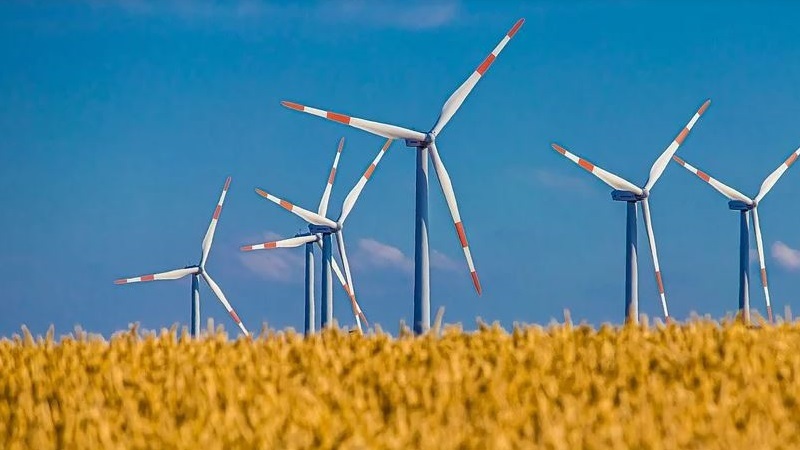A Goldman Sachs Asset Management presentation shows the downside of renewable energy, including geopolitical concerns.
"Renewables are not a stand-alone solution," a slide in the presentation states. It notes that complete reliance on renewables leads to greater intermittency, hidden costs and the potential increase of geopolitical tensions.
On the intermittency issue, Goldman notes that solar and wind energy are inherently variable due to weather changes dictating production. The firm also cautioned that batteries at scale are not economically feasible and even if they were, fossil fuel generation is still required to ensure reliability.
There are many hidden costs related to renewables, Goldman also noted. They are "hidden" due to the fact that cost calculations for renewable energy do not factor in high associated costs of transmission and backup generation. The intermittency issue increases the cost of integrating renewables with the grid, and all cost increases are typically assumed by consumers in the form of higher taxes and energy bills.
Reliance on renewable energy gives undue power to other nations, raising geopolitical concerns, Goldman noted.
For example, China is the leading producer and processor of rare Earth metals. The Congo and Russia control most of the world's cobalt. The concentration of these increasingly valuable assets could lead to geopolitical consequences, the report said.
Globe Banner reported in December that China merged three of its state-owned companies to create one of the largest rare Earth metal companies in the world. Merging the three state-owned producers into one mega company could give China control of 55% to 70% of the world's rare Earth metals mining and 85% to 90% of the refining process. The move came as President Joe Biden remarked on the need to reduce supply chain risks in this area.
According to Globe Banner, the Chinese claimed they would not use its dominance in production of rare Earth metals to limit their availability to other countries, but then stated that option could open if and when “foreign companies hurt China’s interests,” the story said.

